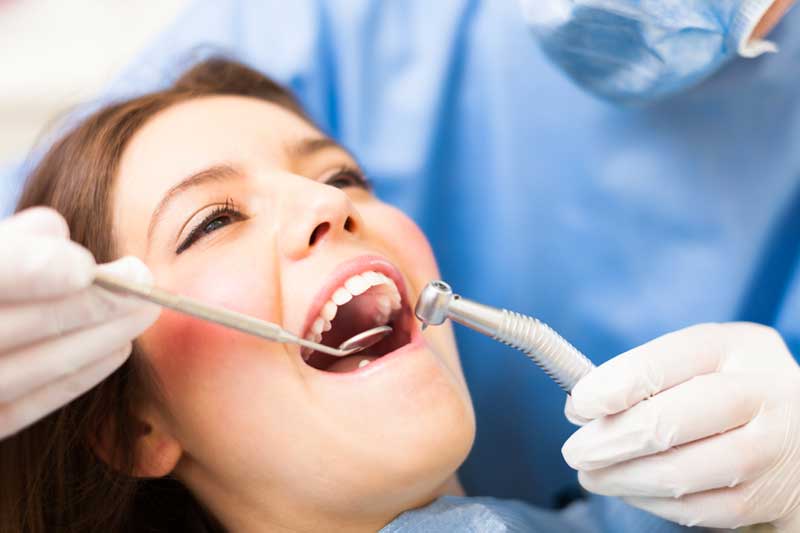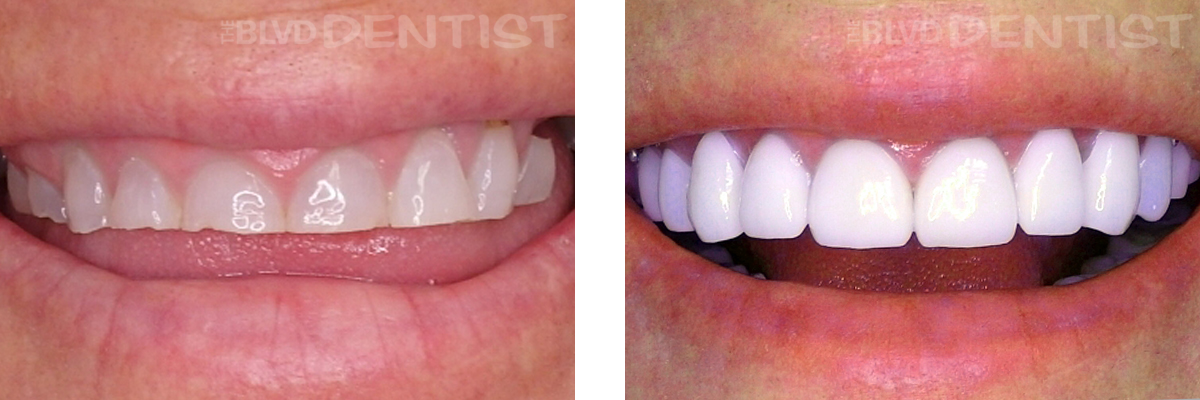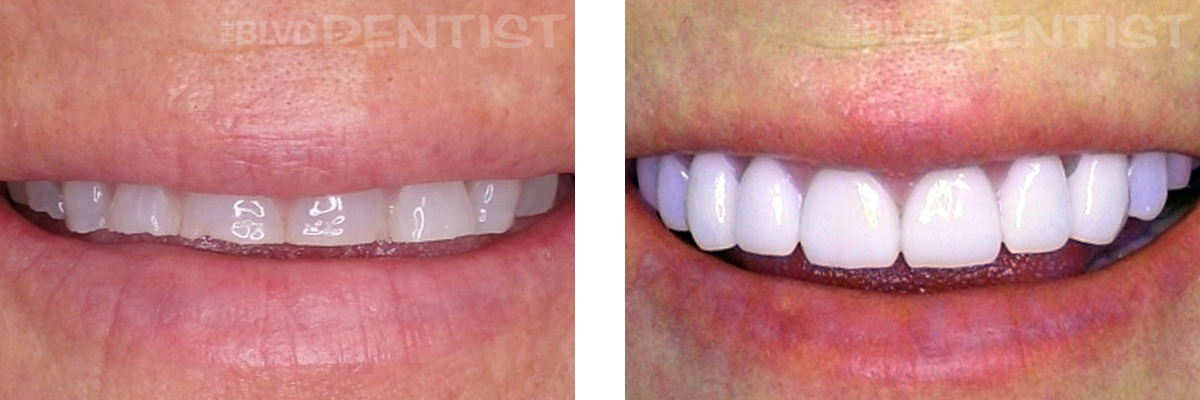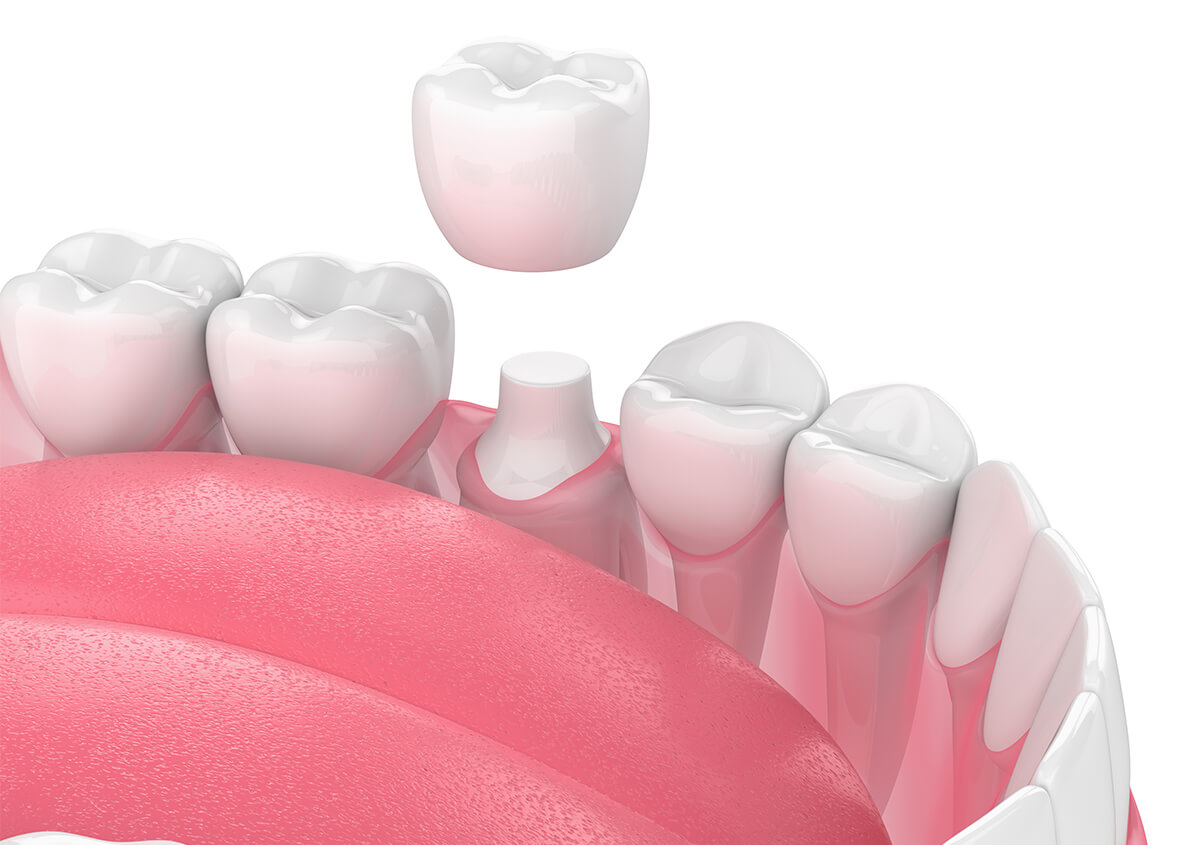The Ease, Beauty, and Durability of Dental Crowns
Your dentist at The Blvd Dentist in Lancaster, California, may recommend a dental crown to correct the shape, size, and color of an imperfect tooth for those in Palmdale, Quartz Hill, Rosamond, Antelope Acres, Pearblossom, and Leona Valley, California. Dental crowns completely cover the exposed portion of your tooth or implant post. Once permanently fixed in place, a crown will add strength and restore the beauty of a tooth. Only your dentist can remove it. With proper oral hygiene habits and good care, your crown should last from 5-15 years.

Dental Crowns Procedure
Typically, two appointments are needed to place a dental crown. The first appointment is to prepare the tooth and take impressions. These impressions will be used to fabricate your crown. While your crown is being made, a temporary one will be placed to protect your tooth. The second appointment is to remove the temporary crown and bond the permanent one in place.
Your Dentist May Prescribe a Dental Crown To:
- Add strength and support to a fragile tooth after root canal therapy or a large filling
- Cover a tooth implant
- Enhance your smile by concealing a severely discolored or misshapen tooth
- Repair, protect, and restore a weakened tooth that is cracked, broken, worn, or decayed
- Secure a dental bridge in place
Types of Dental Crowns
Several types of dental crowns are used at The Blvd Dentist in Lancaster, California. Each has its unique qualities and characteristics:
- Porcelain-fused-to-metal crowns are a solution that allows the dental crown to match the natural color of your existing teeth while allowing the underlying metal substructure to provide strength and durability
- All-ceramic crowns are more affordable than other dental restorations. We use ceramic crowns made of Zirconia and Lithium Silicate approximately 95% of the time in patients needing restorations. However, ceramic crowns do have similar properties to porcelain.
Schedule an appointment to learn more about dental crowns for your smile
If you live in Palmdale, Quartz Hill, Rosamond, Antelope Acres, Pearblossom, Leona Valley, or the surrounding areas and need dental crowns, visit our dentist today. Call (661) 943-2938 to schedule your appointment.






